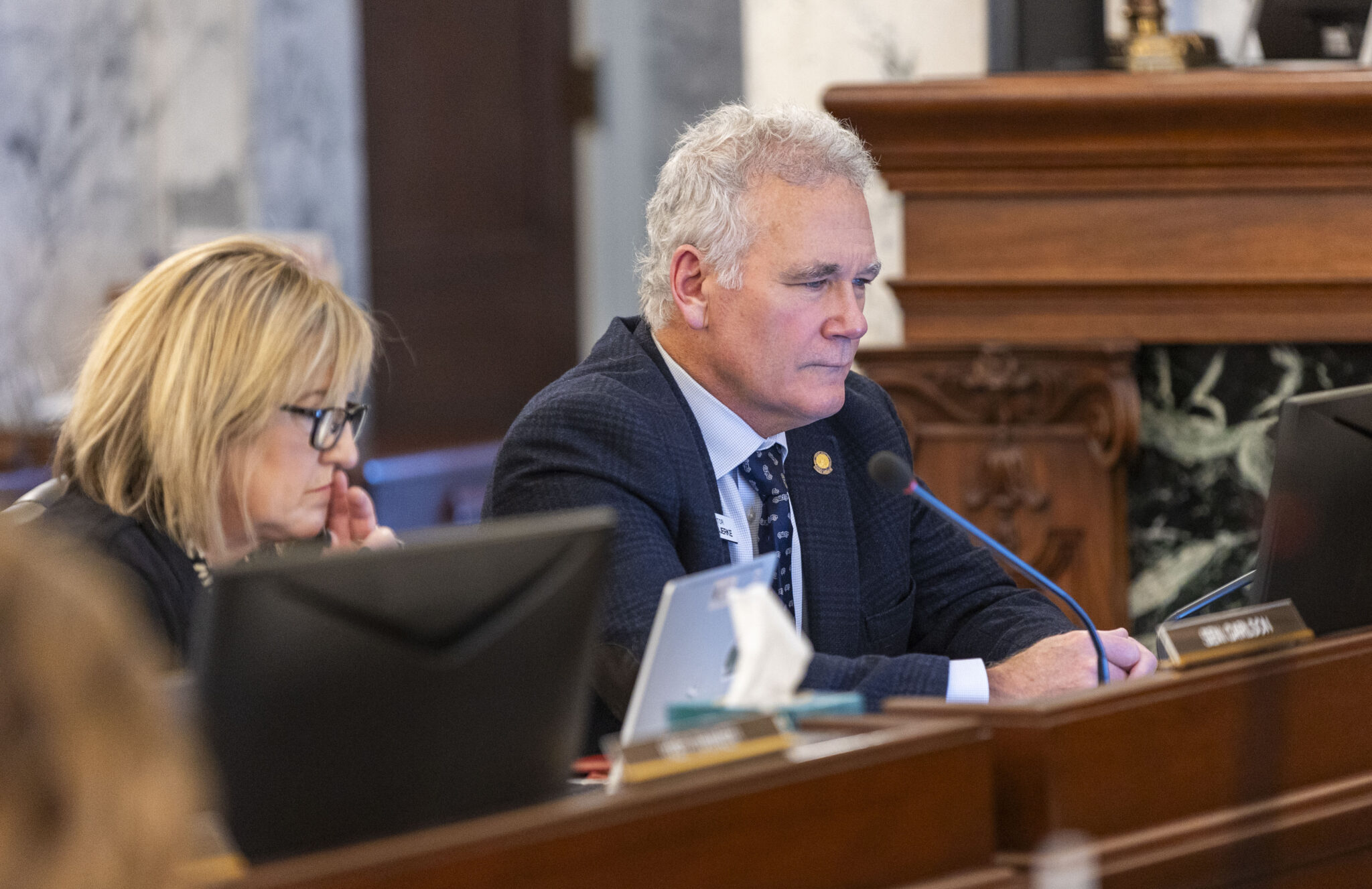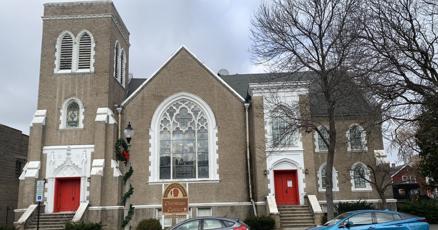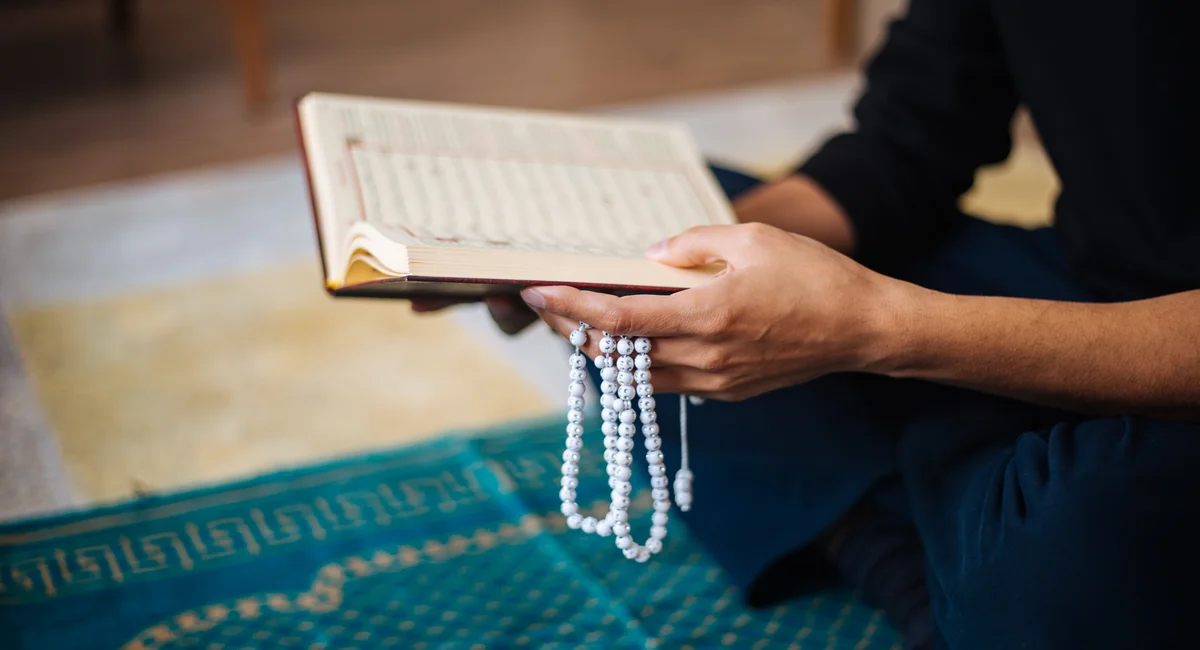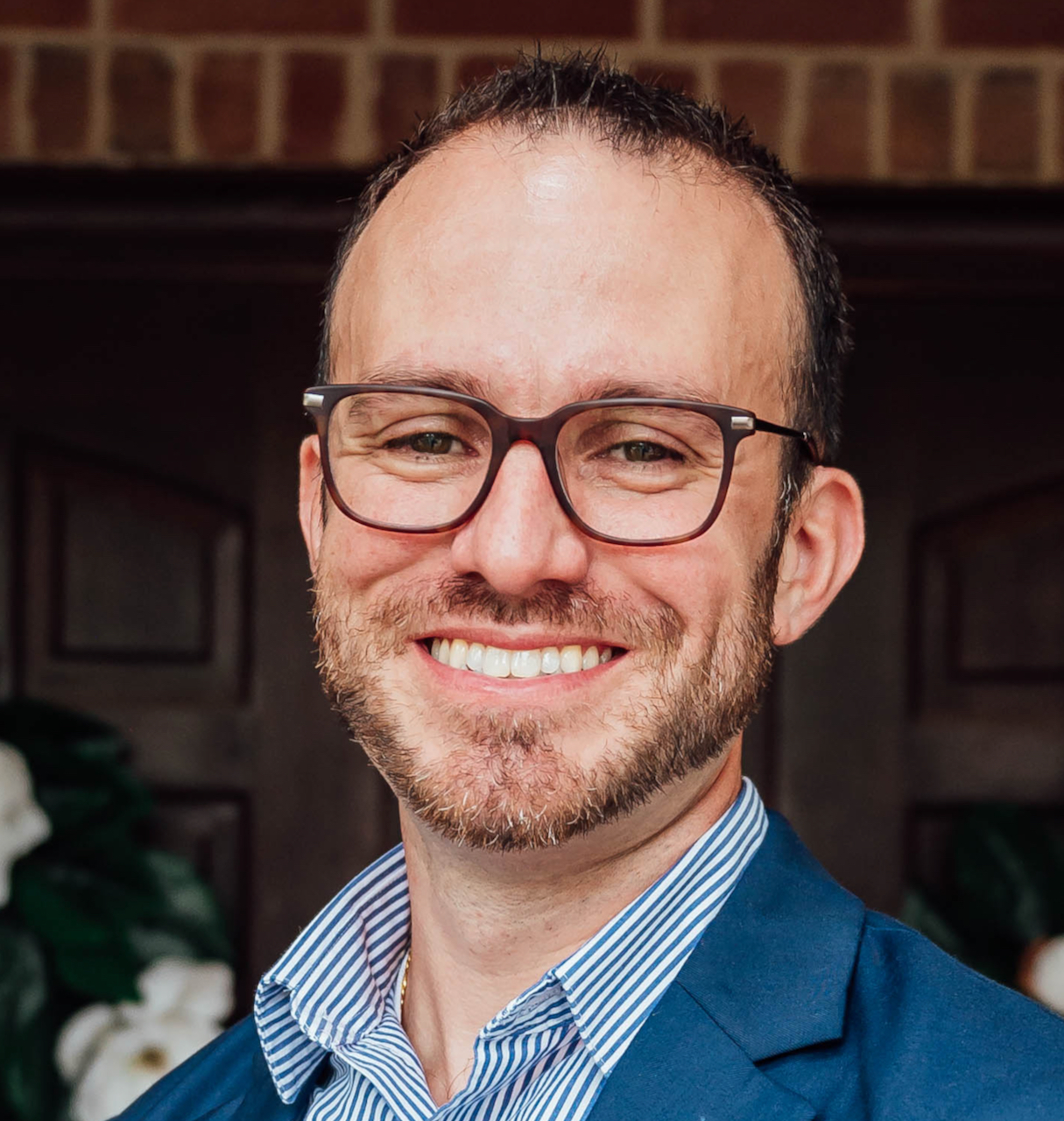Faith & Controversy: Global Religious Trends Spark Heated Debates in 2025
Religion
2025-04-02 23:15:39Content
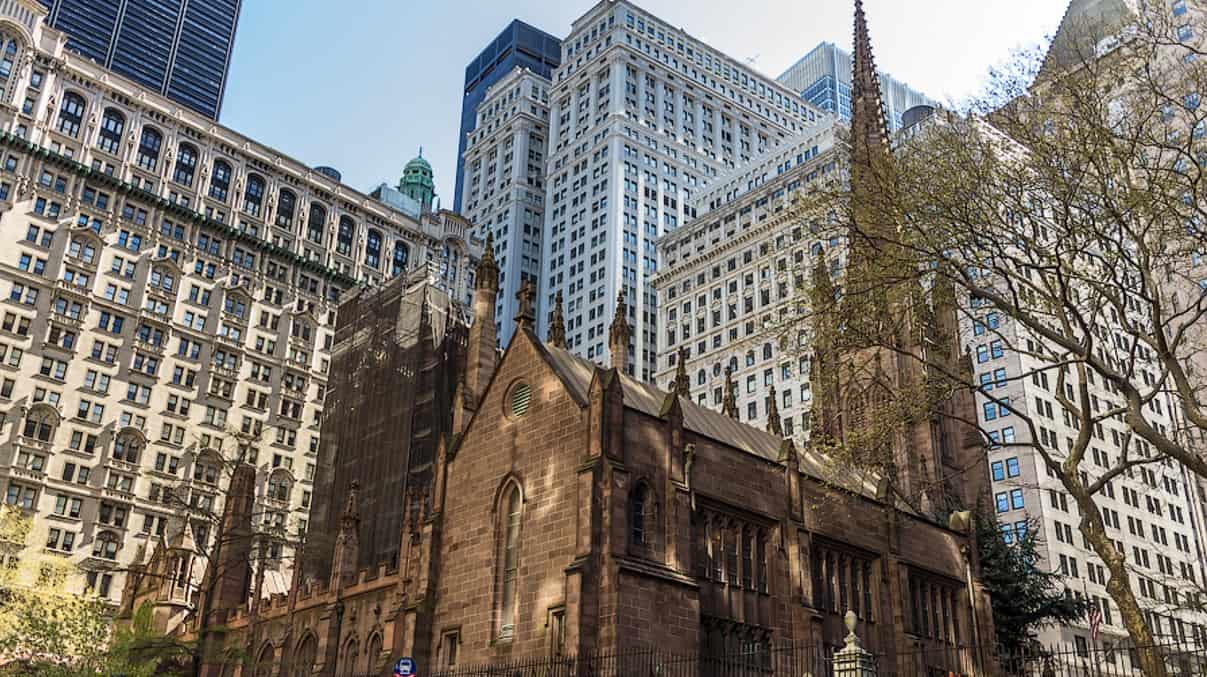
CAFOD Denounces Proposed Israeli Military Escalation in Gaza
The Catholic Agency for Overseas Development (CAFOD) has issued a powerful condemnation of Israel's potential military expansion in Gaza, expressing deep concern over the humanitarian implications for Palestinian civilians. The organization is calling for immediate de-escalation and protection of innocent lives caught in the ongoing conflict.
Newcastle Cathedral Cancels Archbishop's Scheduled Visit
In an unexpected turn of events, Newcastle Cathedral has withdrawn its invitation to the Archbishop of York, signaling potential internal tensions or external pressures influencing the decision. The cancellation has sparked speculation about the underlying reasons for this abrupt change of plans.
Archbishop Declares End of Catholic Spain's Traditional Identity
A prominent archbishop has made a provocative statement, asserting that the traditional Catholic character of Spain has fundamentally transformed. His remarks suggest a significant shift in the country's religious and cultural landscape, challenging long-standing perceptions of Spain's Catholic heritage.
Washington Hosts Interfaith Vigil Protesting Immigration Raids
Religious leaders and community activists in Washington have organized a powerful interfaith vigil to draw attention to recent immigration raids. The event aims to highlight concerns about human rights, compassion, and the treatment of immigrant communities in the United States.
Global Faith Frontlines: Tensions, Challenges, and Interfaith Dialogues Unveiled
In an increasingly complex global landscape, religious institutions and leaders are navigating unprecedented challenges that test the boundaries of diplomacy, social justice, and interfaith understanding. From geopolitical conflicts to internal ecclesiastical tensions, the contemporary religious sphere is experiencing profound transformations that demand nuanced examination and critical reflection.Navigating Moral Crossroads: Faith Communities Confronting Global Complexities
Humanitarian Crisis and Ecclesiastical Response
The international humanitarian landscape continues to be dramatically reshaped by ongoing conflicts and diplomatic tensions. CAFOD, a prominent Catholic development agency, has emerged as a vocal critic of proposed military expansions, particularly in conflict-ridden regions like Gaza. Their unequivocal condemnation highlights the critical role religious organizations play in advocating for peaceful resolutions and protecting vulnerable populations. The organization's stance represents a broader trend of religious institutions transcending traditional boundaries, positioning themselves as critical voices in global humanitarian discourse. By leveraging their moral authority, these organizations challenge military interventions and advocate for diplomatic solutions that prioritize human dignity and peaceful coexistence.Ecclesiastical Dynamics and Institutional Transformations
Recent developments within ecclesiastical circles reveal complex internal dynamics and shifting institutional landscapes. The cancellation of the Archbishop of York's visit to Newcastle Cathedral signals underlying tensions and potential restructuring within religious hierarchies. Such events underscore the evolving nature of religious institutions and their ongoing negotiations of power, representation, and institutional integrity. Moreover, provocative statements from religious leaders, such as the assertion that "Catholic Spain no longer exists," reflect profound societal transformations and the challenges faced by traditional religious frameworks in an increasingly secular world. These declarations invite critical examination of religious identity, cultural evolution, and the role of faith in contemporary society.Interfaith Solidarity and Social Justice Movements
The Washington interfaith vigil focusing on immigration raids exemplifies the growing collaborative potential of diverse religious communities. By converging around shared humanitarian concerns, these movements demonstrate the power of interfaith solidarity in addressing complex social challenges. Such gatherings transcend traditional denominational boundaries, creating spaces for dialogue, mutual understanding, and collective action. They represent a powerful model of religious engagement that prioritizes human rights, social justice, and collective empowerment.Global Religious Landscape: Challenges and Opportunities
The contemporary religious ecosystem is characterized by unprecedented complexity and dynamism. Religious institutions are simultaneously confronting internal challenges, external pressures, and the need for meaningful social engagement. Their ability to adapt, communicate, and respond to evolving global narratives will be crucial in maintaining relevance and moral credibility. From geopolitical conflicts to social justice movements, religious communities are being called upon to reimagine their roles, challenge existing paradigms, and contribute constructively to global dialogues. This requires a delicate balance of maintaining theological integrity while remaining responsive to contemporary social realities. The intersections of faith, politics, social justice, and global dynamics continue to produce fascinating narratives that challenge our understanding of religious institutions and their potential for transformative action.RELATED NEWS
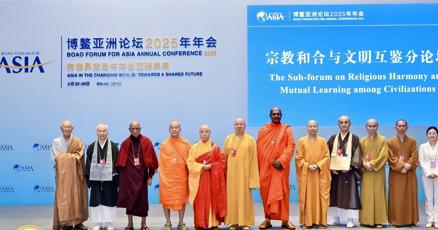
Digital Enlightenment: BFA Unveils Groundbreaking Global Buddhist Scripture Digitization Project
